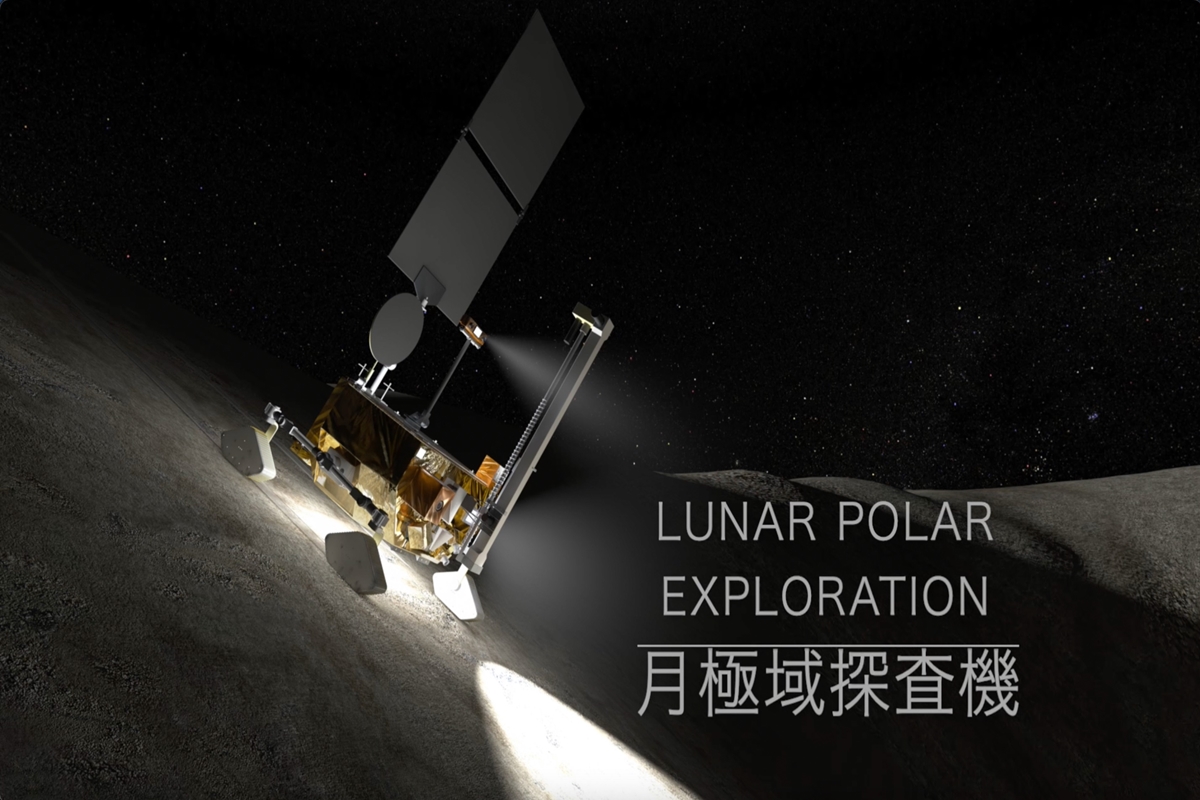ISRO is gearing up for an exciting lunar venture, partnering with Japan’s space agency. The Lunar Polar Exploration Mission, known as LUPEX, is a collaborative endeavor between ISRO and Japan Aerospace Exploration Agency (JAXA).
This mission, slated for the next three to four years, will take off aboard Japan’s H3 rocket. It features both a lander and a rover. Its primary goal? To explore the moon’s southern polar region, investigating the presence of water and other elements, potentially in the form of surface ice.
For those not in the know, ISRO and JAXA joined hands back in December 2017, signing an Implementation Arrangement (IA) to kickstart the journey. By March 2018, they had wrapped up a feasibility report, all in pursuit of their shared vision for lunar exploration in the joint Lunar Polar Exploration Mission, set for a launch no earlier than 2025.
This lunar ambition traces back to the Chandrayaan-2 mission, which faced a moon landing mishap in September 2019. In response, India initiated Chandrayaan-3, a follow-up mission designed to master the landing capabilities crucial for the upcoming LUPEX adventure.
The Lunar Polar Exploration mission aims to showcase innovative surface exploration technologies. The special focus is on vehicular transport and lunar night survival. These advancements are essential for sustainable lunar exploration, especially in polar terrains.
But ISRO’s endeavors don’t stop at the moon. They’re also prepping for Gaganyaan, a manned space mission that will see three Indian astronauts spending three days in space. And the collaboration doesn’t end there; ISRO is teaming up with NASA for the ‘NISAR’ satellite project. This satellite will continuously monitor Earth, offering vital insights into climate, sea levels, and groundwater. Together, these efforts promise more effective natural disaster management.
ISRO has not only successfully revisited the Moon’s South Pole but has also solidified its position as a prominent player in the field of space exploration.












